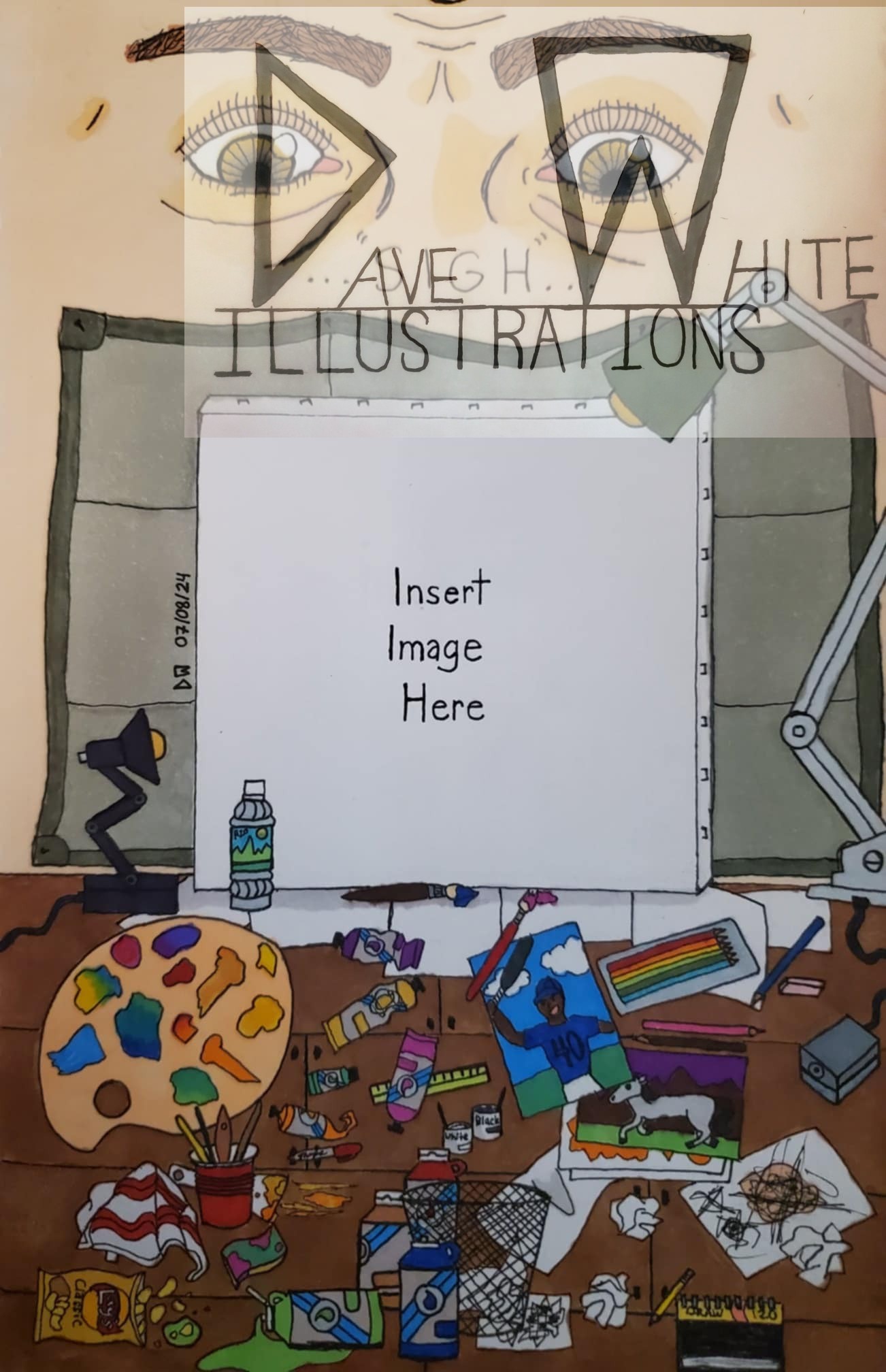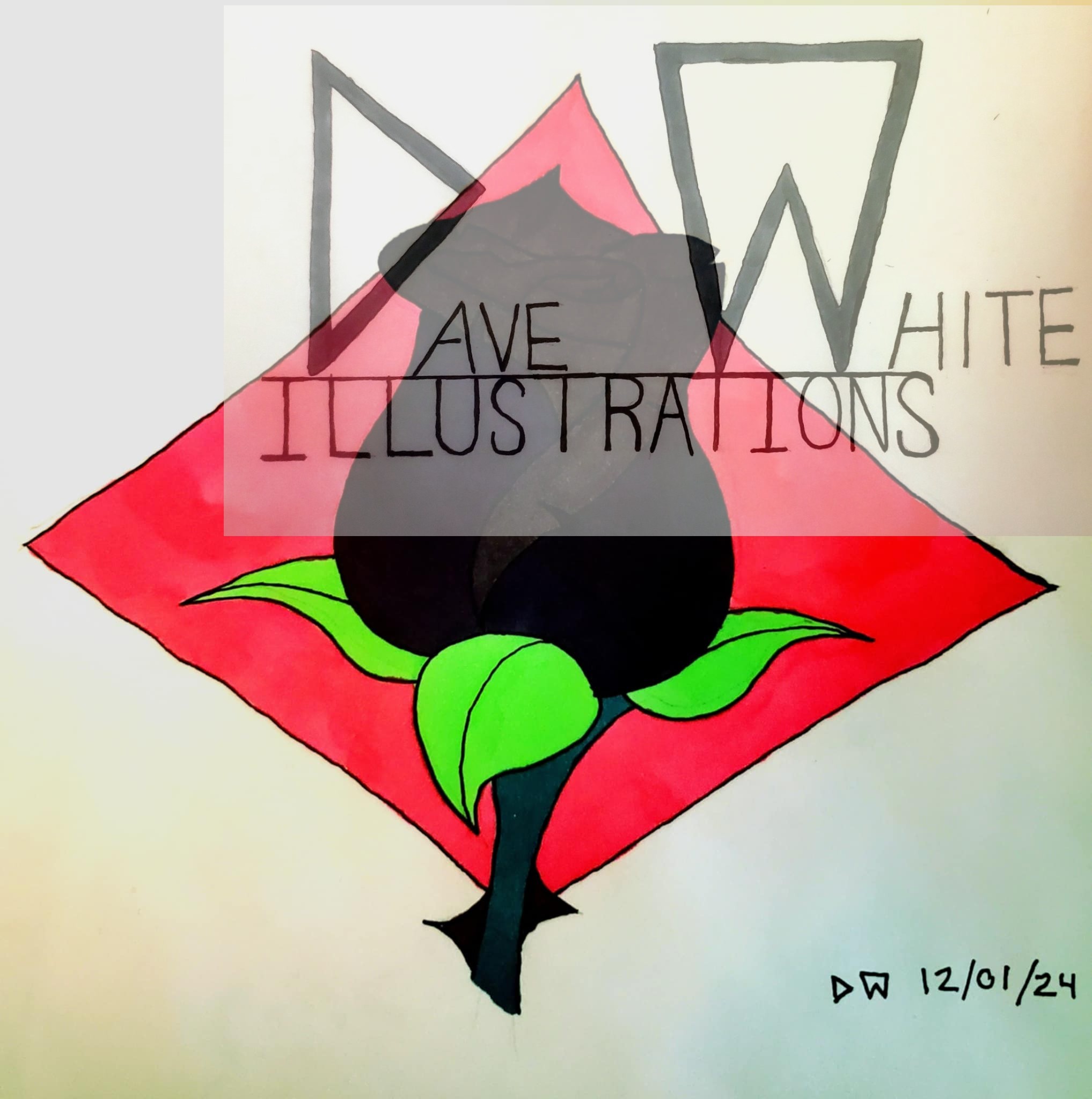Managing Grief
Grief is not a straight road or a predictable tide. It’s a winding labyrinth made of memories, regrets, aching love, and moments of silence that speak louder than words. Some days, it arrives as a flood—crashing and choking. Other days, it’s a whisper, soft but sharp, like the scent of something lost and deeply loved.
Grief is the evidence of love’s presence. It is the shadow cast by the light of what once was. At Poetic Bipolar Mind, we don’t believe in rushing grief. We believe in sitting with it, honoring it, letting it speak. You don’t have to “move on”—you get to move through, and eventually, move with.
Let yourself cry without apology. Laugh without guilt. Speak their name aloud. The space between grief and healing is not empty—it’s sacred. And in that space, meaning can take root. We don’t “get over” our losses—we build our lives around them.
Whether you’ve lost a person, a dream, or a part of yourself, know that your pain is not weakness—it’s proof that you’ve risked love. And that is a powerful, human thing.
“Grief, I’ve learned, is just love with no place to go.” — Jamie Anderson
If you’re grieving, breathe deeply. You are still here. And love can still grow in the ashes.




Leave a Reply